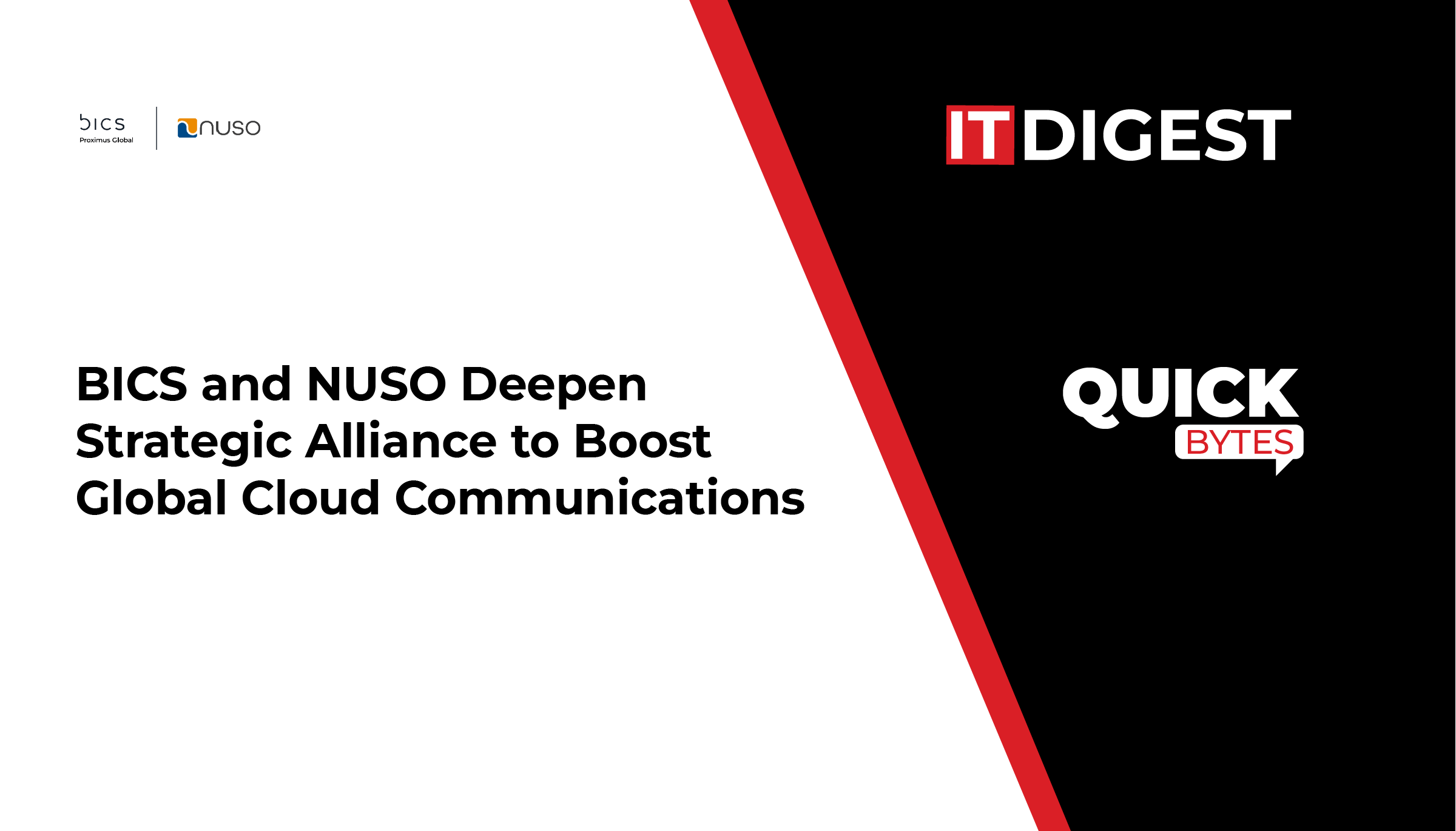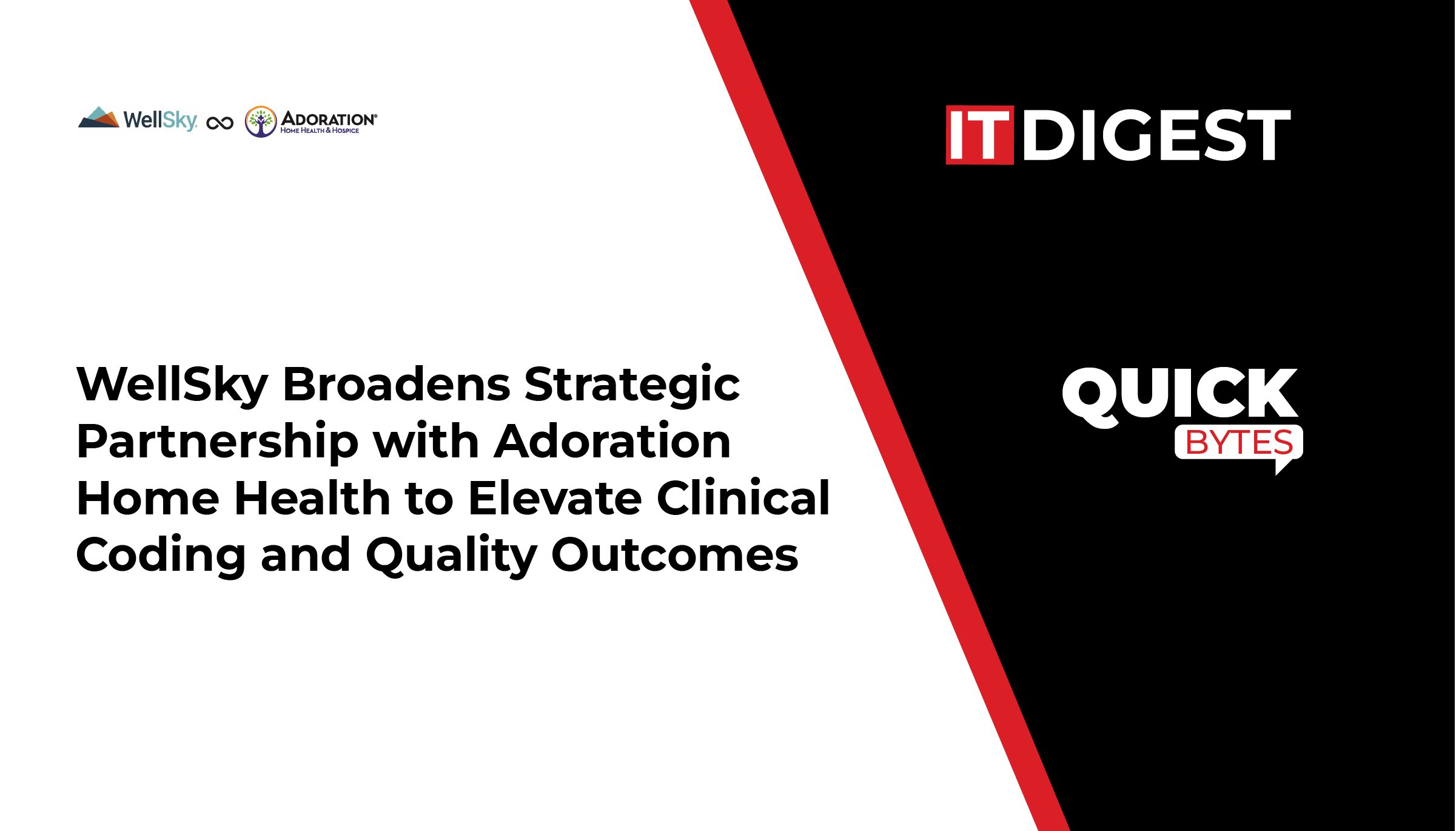Timescale, the cloud database company, announced it has acquired PopSQL, the modern SQL editor, collaboration, and visualization tool for developers and data teams.
With this acquisition, Timescale customers can now query their databases entirely in a browser or a desktop app. Timescale + PopSQL make it easy for users to create visual dashboards on top of their databases, keep a history of past queries for reuse, collaborate on queries with others on their team, and more.
“We have long been fans of PopSQL. It’s the best SQL editor we’ve seen,” said Ajay Kulkarni, CEO and Co-Founder of Timescale. “Our engineers and data analysts use it internally. We appreciate the clean, easy interface, visualizations, and seamless collaboration. When we had an opportunity to bring PopSQL’s team and technology on board, we jumped at it. We’re excited to welcome PopSQL’s founder, Rahil Sondhi, and the PopSQL team to Timescale.”
Sondhi created PopSQL (pronounced “popsicle”, like the ice pop) to provide a SQL editor that could connect to multiple data sources, allow for single and multiplayer editing, and let engineers collaborate on queries and share insights.
“Throughout my career, I was frustrated with the disjointed experience of trying to share data, queries, and charts with my teammates,” said Sondhi. “It always required a Rube Goldberg setup of CSV files, Google Sheets, Dropbox, and archaic SQL editors to make it all work. This inspired me to make something that felt easy and natural for engineers to work together.”
PopSQL’s use of autocomplete, schema exploration, and versioning features make it a streamlined way to work with data. It can connect to PostgreSQL, Timescale, and other popular data sources like Redshift, Snowflake, BigQuery, MySQL, SQL Server, and more. Hundreds of thousands of developers and data analysts have used PopSQL to work with their data.
Timescale will continue to maintain and improve PopSQL for the PostgreSQL and Timescale community to have access to a best-in-class UI for their databases, whether hosted at Timescale or elsewhere. PopSQL will still be offered as a standalone service to both new and current PopSQL customers (including its free plan) and still support other data sources
SOURCE: PRNewswire

































